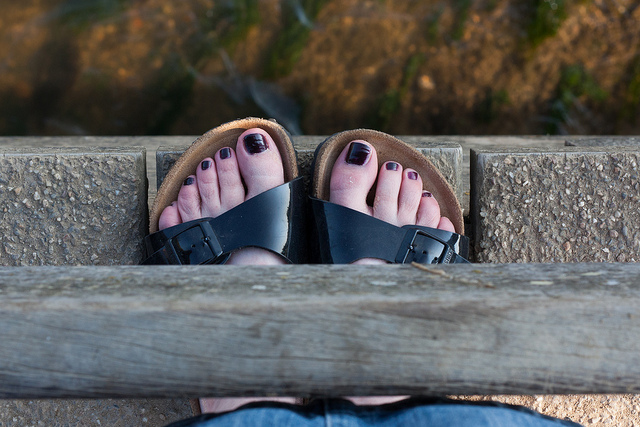 Forgive the moment of introspection, but I've just stumbled into a dilemma. The beginning of this month has necessitated dealing with a pile of important paperwork, from passports to pensions. They are the sorts of tasks that require both finding and filing documentation, some of which you don't tend to look for especially frequently. It was whilst I was sifting through some of these significant documents I encountered my conundrum.
Forgive the moment of introspection, but I've just stumbled into a dilemma. The beginning of this month has necessitated dealing with a pile of important paperwork, from passports to pensions. They are the sorts of tasks that require both finding and filing documentation, some of which you don't tend to look for especially frequently. It was whilst I was sifting through some of these significant documents I encountered my conundrum.
Stashed in an envelope and nestling amongst some papers, I found some photographs sent to me a few years ago by a guy whom I used to date. The photos aren't anything special, either in terms of our relationship or their photographic merits - he was no photographer - but I'm loathe to throw away photographs.
To start, who am I to discard someone else's creative output? That would place me in a category of Philistines with whom I have no desire to associate. I am not the Lady High Overseer of what Deserves to be Preserved, except with respect to what I produce myself. My photographs? Yes, I can choose to delete, to bin, to even burn those. Someone else's photographs? No, they are not within my gift to declare inferior, to determine insignificant, and then to destroy.
I don't intend to get too melodramatic about it; afterall, I'm not convinced that me throwing away a handful of photos taken of nothing-in-particular in New York City maybe ten years ago is cultural imperialism on a scale comparable to the 1497 Bonfire of the Vanities. But it does seem casually inconsiderate, especially when you read about the extent to which people have gone to protect a collection of ancient manuscripts from senseless destruction in Mali.
It's not the done thing.
Furthermore, destroying photos rankles with me because even the most mundane image can be valuable, whether that's emotionally or historically. Actually, especially historically.
We have a tendency to forget that the everyday is the most easily overlooked constituent of our lives, and therefore the least recorded. It is, though, one that fascinates historians and any documentation of the day-to-day are, really, significant for them. Right now, these photos might not mean anything to anyone; but one day they could. (Although to be honest, decontextualised and found amongst my papers in 60 years' time, they have the ability to confuse rather than elucidate.)
There is a nagging doubt at the back of my mind that these pictures could somehow, someday, complete a jigsaw puzzle for a historian. I don't know what this puzzle is and I don't know how these pictures might teach someone about life in the early twenty-first century. If I did, I'd be in remarkably privileged position of foresight. And of course, it is precisely because I don't know that I'm so reluctant to discard them.
Finally, I can't bring myself to dispose of these photos because once-upon-a-time they were important enough to him that he decided he should send them to me.
I could, it's true, return them to him. But we fell out of touch and have not spoken in years. Aside from having to look him up, the last that I heard, he was married. So I'm not sure how appropriate this would be. There is something romantic about the notion of receiving a fragment of your history recorded on photographic paper through the mail, a time capsule wrapped in brown paper to make you stop and think. But I'd want this to be just that, a flicker of time, to make him smile a moment.
They're in an envelope, sitting unaddressed on my desk. What to do? What to do?





